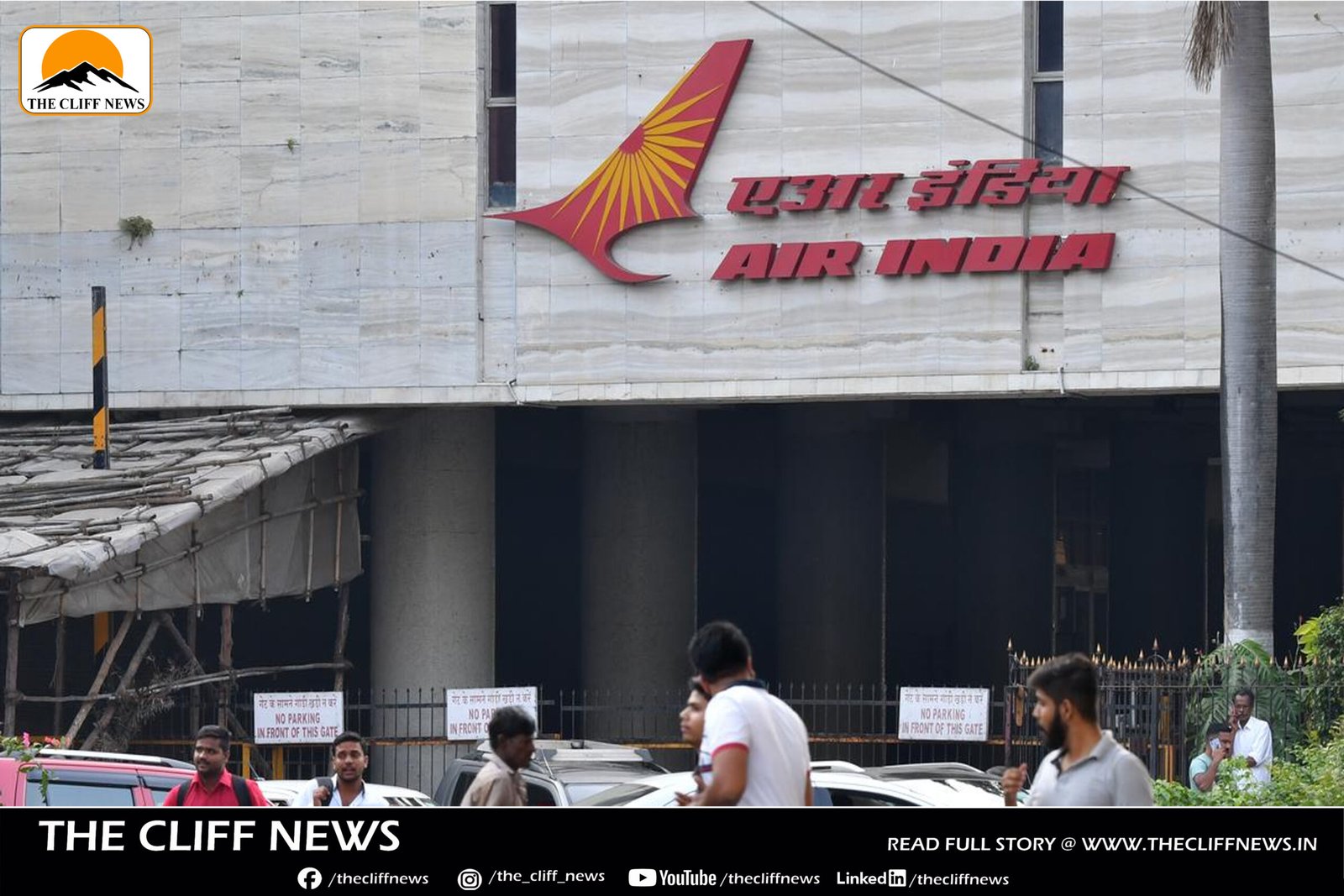In a significant development on Saturday, June 21, 2025, the Directorate General of Civil Aviation (DGCA) directed Air India to remove three key officials, including a senior executive from the flight operations department, due to what it termed a “systemic failure” in crew scheduling, compliance monitoring, and internal accountability. The move comes in the wake of an internal review and follows heightened scrutiny of the airline’s operations, particularly after the recent crash involving a Boeing 787-8 Dreamliner.
According to multiple sources, the DGCA has instructed the airline to initiate internal disciplinary proceedings against the implicated officials without delay. Though an official confirmation from the aviation regulator is awaited, a copy of the DGCA order reviewed by The Hindu reveals multiple violations. These include instances where flight crew were scheduled to operate despite lapses in licensing, mandatory rest periods, and recency requirements—raising serious concerns about operational safety.
The issues reportedly came to light following a change in Air India’s crew scheduling software, implemented in May last year. One of the officials named in the DGCA’s order is the Divisional Vice President of the Integrated Operations Control Centre (IOCC), a crucial hub that coordinates and manages flight operations to ensure safety, efficiency, and regulatory compliance. The IOCC falls under the airline’s operations department, overseeing pilot and cabin crew rosters.
Responding to the directive, an Air India spokesperson said, “We acknowledge the regulator’s directive and have implemented the order. In the interim, the company’s Chief Operations Officer will provide direct oversight to the IOCC. Air India is committed to ensuring that there is total adherence to safety protocols and standard practices.”
The DGCA has also issued a stern warning to Air India, stating that any future violations in crew scheduling would result in severe consequences, including potential licence suspension and operational restrictions. This directive signals a zero-tolerance stance from the regulator as the airline navigates a period of intensified oversight following the recent crash incident.



